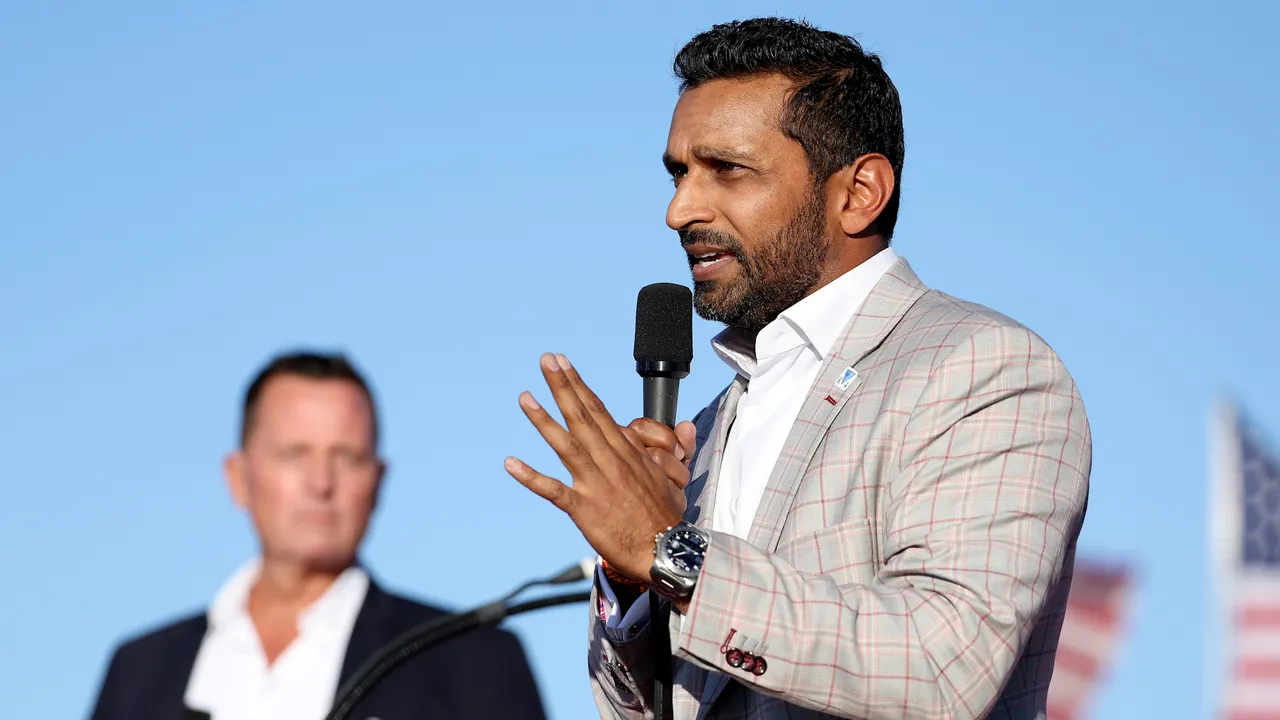President-elect Donald Trump\’s nomination of Kash Patel to lead the FBI has ignited a fierce response from media outlets and political circles. Patel, a former congressional investigator and national security expert, has long been at the forefront of exposing alleged abuses within the Department of Justice (DOJ) and the FBI. His nomination is seen by supporters as a step toward reforming the beleaguered agency, while critics argue it represents a politicized shake-up.
Kash Patel: From Congressional Investigator to FBI Nominee
Patel rose to prominence as a lead investigator for the House Intelligence Committee during its probe into allegations of collusion between the Trump campaign and Russia in the 2016 presidential election. Under his leadership, the committee unearthed evidence suggesting that the Russia collusion narrative was a politically motivated hoax funded by the Democratic National Committee and the Hillary Clinton campaign.
The investigation revealed that the FBI and DOJ provided false information to a secret court to obtain a surveillance warrant against Trump campaign associate Carter Page. These findings exposed systemic abuses within federal law enforcement and intelligence agencies, catalyzing calls for reform.
“Kash was an outstanding investigator, fearless in the face of stonewalling and intimidation,” said former House Intelligence Committee Chairman Devin Nunes, a close collaborator of Patel during the Russia investigation. “He played a decisive role in exposing the most consequential hoax in American history.”
Reforming the FBI: Patel’s Vision
Patel’s nomination signals a potential overhaul of the FBI, an agency that has faced criticism for its handling of politically charged investigations, including the Russia probe, the January 6 investigations, and the suppression of the Hunter Biden laptop story.
Supporters argue that Patel’s experience as a DOJ prosecutor and his work on Capitol Hill make him uniquely qualified to reform the FBI’s culture and operations. Among his proposed changes are:
- Decentralizing the FBI by relocating employees from its Washington, D.C., headquarters to field offices nationwide.
- Implementing strict reforms to surveillance practices under the Foreign Intelligence Surveillance Act (FISA) to prevent abuse.
- Refocusing the bureau’s mission on combating crime and terrorism rather than engaging in politically charged investigations.
“Kash understands the problems within the FBI because he has experienced them firsthand,” Nunes added. “He has the courage and commitment to reform the bureau and restore public trust.”
A Target of the Deep State
Patel’s nomination has also reignited discussions about his experiences during the Russia investigation, where he became a target of political and media attacks. As he and his colleagues uncovered evidence challenging the collusion narrative, Patel faced baseless allegations and personal smears.
Notably, the DOJ seized Patel’s emails and communications, along with those of other congressional investigators, in an apparent effort to monitor the committee’s findings. Despite these intimidation tactics, Patel remained steadfast in his efforts to expose misconduct.
Critics Warn of Politicization
While Patel’s supporters champion his nomination as a necessary step toward accountability, critics argue that his appointment could further politicize the FBI. Disgraced former officials who played roles in controversial investigations have voiced alarm, claiming that Patel’s leadership could erode the bureau’s independence.
“It’s amusing to watch those who abused and discredited the FBI now decry Kash’s nomination as a threat to the republic,” said one of Patel’s allies. “They know that reforming the FBI means an end to their weaponization of the agency for political purposes.”
The Path Forward
Patel’s nomination sets the stage for a contentious Senate confirmation process, where lawmakers will scrutinize his record and vision for the FBI. If confirmed, Patel is expected to lead sweeping reforms aimed at restoring the bureau’s integrity and refocusing its mission.
The debate surrounding Patel’s nomination highlights broader questions about the role of federal law enforcement in a politically polarized era. As the FBI faces mounting calls for accountability, Patel’s leadership could mark a pivotal moment in the agency’s history.
For now, the nation watches as Kash Patel prepares to take on one of the most challenging and scrutinized roles in government, with supporters and critics alike acknowledging the stakes involved in his potential confirmation.
Key Takeaways
- Nomination Controversy: Kash Patel’s selection as FBI Director has sparked strong reactions from both supporters and detractors.
- Russia Investigation Legacy: Patel played a central role in exposing abuses during the Russia collusion investigation.
- Proposed Reforms: Patel aims to decentralize the FBI, reform surveillance practices, and refocus its mission on crime and terrorism.
- Confirmation Battle: Patel faces a contentious confirmation process as the Senate debates his qualifications and vision for the FBI.

